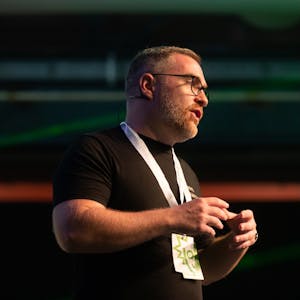65 min
How to Build Full-Stack Apps Using Cursor
Featured WorkshopFree
In this workshop, I’ll guide participants through a process for building full-stack applications using Cursor. We’ll cover setting up Cursor workflows, including rules, commands, and custom modes, to streamline development. We will use Cursor to draft PRDs, database schema, etc and a simple SOW. We’ll turn notes into actionable checklists to guide the build, connecting the front end, API, and database.Additionally, we’ll create workflows for debugging, testing, reviewing, and fixing the app while reducing hallucinations with precise prompts. The session will also include a security review workflow and techniques for applying prompts to achieve a modern UI design. Attendees will leave with a functioning app on their machine and a reusable development process.





































